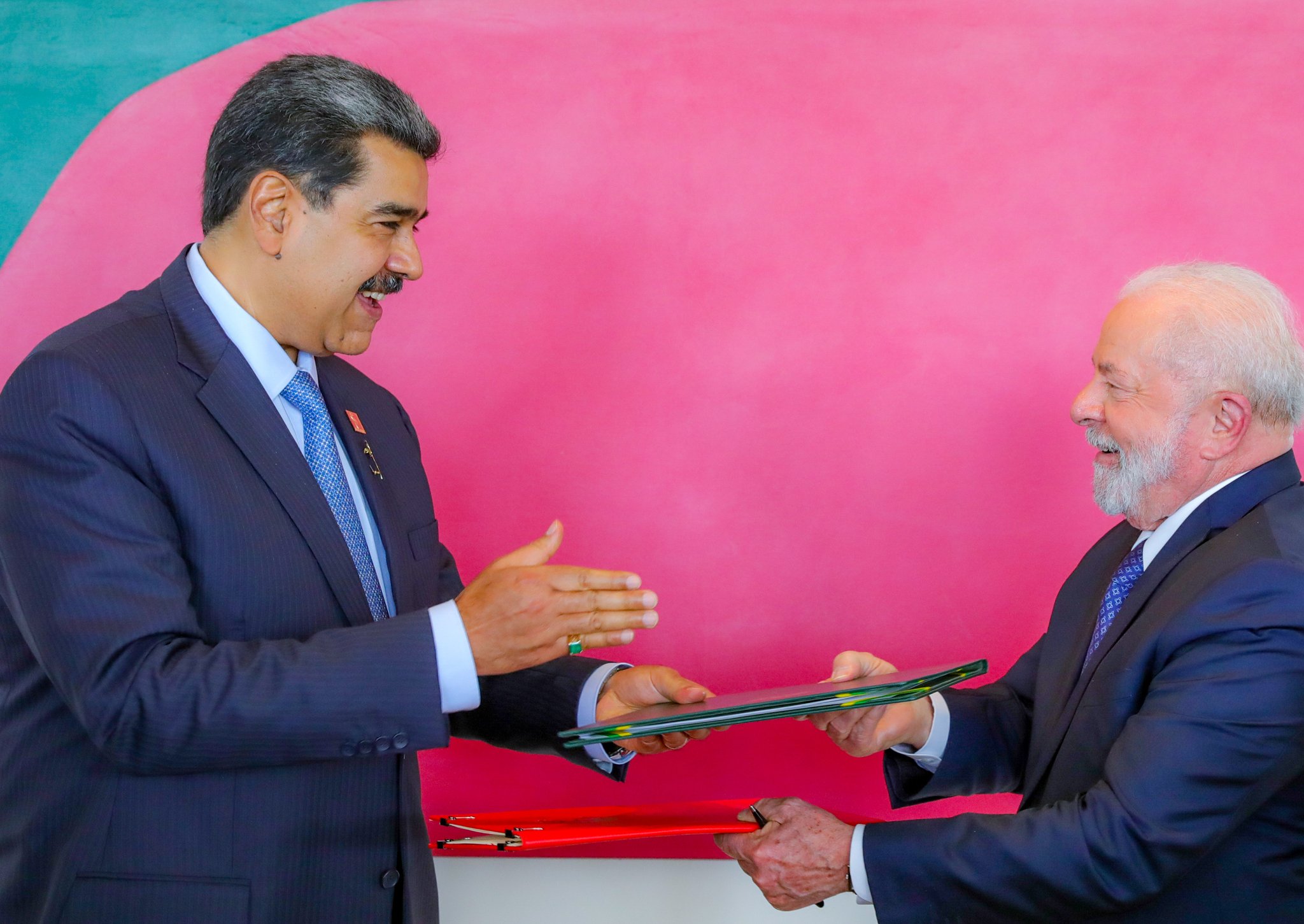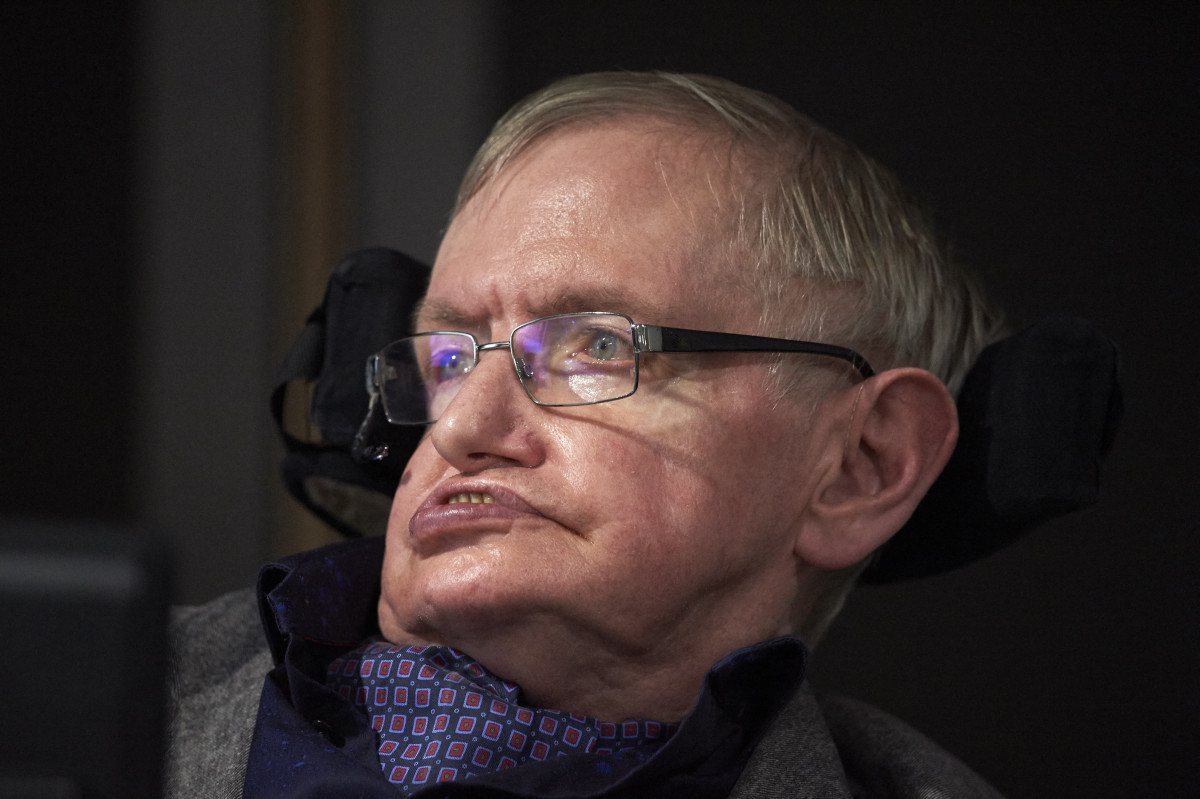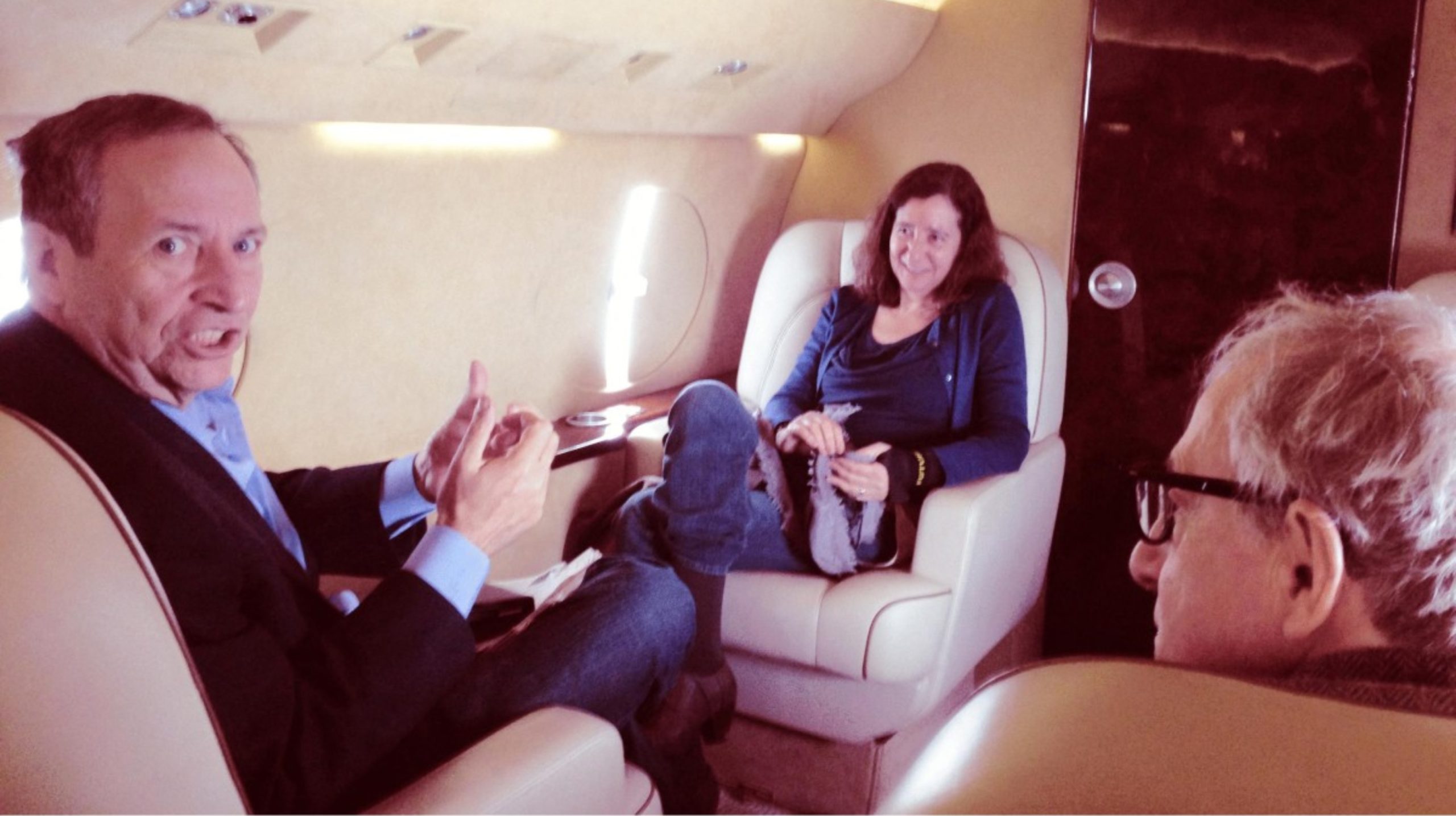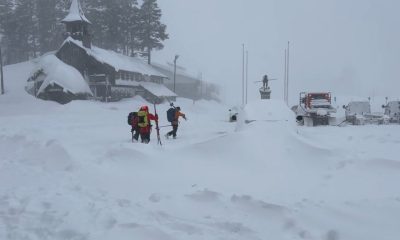International
Brazil and Venezuela consolidate alliances with the signing of agreements

May 31 |
The presidents of Venezuela, Nicolás Maduro, and Brazil, Luiz Inácio Lula da Silva, witnessed on Tuesday the signing of several agreements to strengthen bilateral cooperation in the diplomatic and agri-food fields, official sources reported.
In a ceremony held at the Itamaraty Palace, Brasilia, capital of Brazil, where the presidents participated in a meeting of South American presidents, the Memorandum of Understanding on agri-food matters was signed.
The text was signed by the Venezuelan Minister of Productive Agriculture and Lands, Wilmar Castro Soteldo, and the Brazilian Foreign Minister Mauro Vieira, according to the Venezuelan Ministry of Communication and Information in a press release.
This memorandum is aimed at “exploring opportunities and deepening exchanges in the areas of agriculture, livestock, sovereignty and food and nutritional security”, the press release added.
Likewise, Foreign Minister Vieira signed with his Venezuelan counterpart, Yvan Gil, the Memorandum of Understanding for the Establishment of the Supervision and Follow-up Mechanism of the Brazil-Venezuela Bilateral Cooperation Program.
This agreement seeks to promote South-South technical cooperation based on the exchange of knowledge and experiences to face similar socio-economic development challenges.
The communiqué specified that with these alliances, Caracas and Brasilia reaffirm cooperation and the intention to deepen economic and commercial exchange, which reached US$6,000,000,000 in 2013.
Venezuela and Colombia create a Neighborhood Commission
During the same day, Foreign Minister Gil and his Colombian counterpart, Álvaro Leyva, signed the Agreement for the Creation of the Neighborhood and Integration Commission, a ceremony attended by Venezuelan President Nicolás Maduro and Colombian President Gustavo Petro.
The new commission will focus on promoting and coordinating cooperation in common border areas, as well as business and productive complementarity.
The leaders underlined the existing commitment to consolidate diplomatic relations, which were reestablished last August, with the beginning of Petro’s mandate.
International
Bill Gates Admits “Serious Mistake” Over Epstein Ties

Bill Gates acknowledged he made a “serious mistake” by associating with convicted sex offender Jeffrey Epstein, telling employees at his philanthropic organization that he regretted the relationship and its impact on the foundation’s work. He also admitted to having had affairs with two Russian women but denied any involvement in Epstein’s criminal activities.
The Microsoft co-founder is among several high-profile figures mentioned in documents from the so-called Epstein files released by the U.S. Department of Justice. The records reference personal associations, financial dealings and private communications involving Epstein’s network.
During a staff-wide meeting at the Bill & Melinda Gates Foundation on Tuesday, a recording of which was reviewed by The Wall Street Journal, Gates said he regretted spending time with Epstein and arranging meetings between foundation executives and the financier.
“It was a big mistake to spend time with Epstein,” Gates told employees, adding that the association had harmed the foundation’s reputation.
In a draft email released by the Justice Department, Epstein claimed that Gates had engaged in extramarital relationships. The message alleged that their interactions ranged from assisting Gates in obtaining drugs to cope with personal matters to facilitating meetings with married women.
Gates, 70, acknowledged during the internal meeting that he had two affairs but firmly denied any connection to Epstein’s crimes.
The revelations come amid renewed scrutiny over Epstein’s network of prominent contacts following the public release of investigative files.
International
Stephen Hawking Photo Appears in Newly Released Epstein Documents

A previously unseen image of renowned theoretical physicist Stephen Hawking has surfaced among documents recently released by the U.S. Department of Justice as part of its investigation into financier Jeffrey Epstein.
The photograph shows the British scientist, who died in 2018 at age 76, smiling while seated between two women wearing swimsuits in what appears to be a beach setting. In the image, Hawking appears to be holding a drink while reclining on a sun lounger.
The exact context of the photo — including the date and location — has not been officially confirmed. However, it is known that Hawking attended a scientific conference funded by Epstein in March 2006 in the U.S. Virgin Islands, where several academics participated in events and activities organized by the financier prior to his criminal charges.
No Allegations Against Hawking
Hawking’s appearance in the files does not imply involvement in illegal or inappropriate conduct, and there are no formal charges linking him to any criminal activity in connection with the Epstein case.
The physicist is mentioned in numerous documents, primarily in relation to his participation in academic events associated with Epstein’s efforts to build connections with prominent figures in the scientific community.
The release of the files has prompted renewed public interest in the scope of Epstein’s network, though inclusion in the documents alone does not indicate wrongdoing.
International
Larry Summers Steps Down from Harvard Role Amid Epstein Controversy

Former U.S. Treasury Secretary Larry Summers has resigned from his academic post at Harvard University due to his ties to convicted sex offender Jeffrey Epstein, the university said Wednesday.
Summers, who led the U.S. Treasury Department under former President Bill Clinton and later served as president of Harvard in the early 2000s, appeared in Justice Department files related to Epstein as having maintained extensive exchanges with the late financier.
According to a university statement, “Harvard Kennedy School Dean Jeremy Weinstein has accepted the resignation of Professor Lawrence H. Summers from his role as co-director of the Mossavar-Rahmani Center for Business and Government,” noting that the decision was connected to the Epstein case.
Meanwhile, Clinton is scheduled to testify Friday before a congressional committee regarding the Epstein matter. Former Secretary of State Hillary Clinton is expected to appear before the panel on Thursday.
The development marks another high-profile repercussion stemming from renewed scrutiny surrounding Epstein’s network of associations.
-

 International19 hours ago
International19 hours agoFamily of “El Mencho” Seeks Return of Body After Deadly Military Operation
-

 International4 days ago
International4 days agoNinth Victim Recovered After Deadliest U.S. Avalanche in Decades
-

 International3 days ago
International3 days agoOver 40 Million Affected by Major Snowstorm in Northeastern U.S.
-

 International19 hours ago
International19 hours agoLarry Summers Steps Down from Harvard Role Amid Epstein Controversy
-

 International19 hours ago
International19 hours agoStephen Hawking Photo Appears in Newly Released Epstein Documents
-

 International19 hours ago
International19 hours agoIran’s President Optimistic Ahead of Geneva Nuclear Talks with U.S.
-

 International19 hours ago
International19 hours agoBill Gates Admits “Serious Mistake” Over Epstein Ties
-

 International3 days ago
International3 days agoNine People Killed in Two Armed Attacks in Manabí, Ecuador




















































































